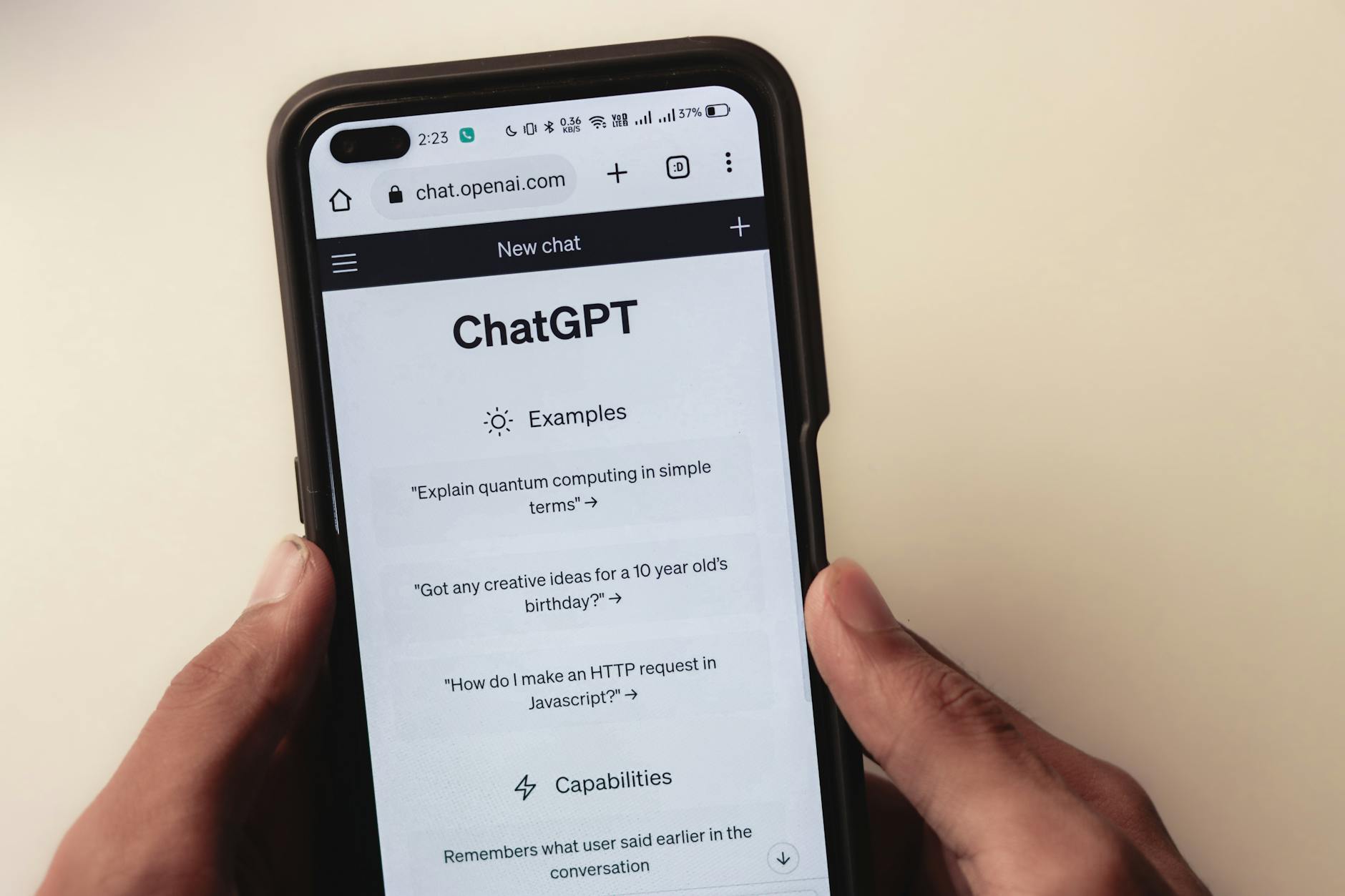Google’s August AI Blitz: More Hype, Less ‘Deep Think’?

Introduction: Every month brings a fresh torrent of AI announcements, and August was Google’s turn to showcase its perceived prowess. Yet, as we sift through the poetic proclamations and buzzword bingo, one must ask: how much of this is truly groundbreaking innovation, and how much is merely strategic rebranding of existing capabilities? This latest round of news, framed in flowery language, raises more questions than it answers about the tangible impact of AI in our daily lives.
Key Points
- The August announcements are notably light on specific technical details, relying heavily on marketing jargon and aspirational language, suggesting a focus on perception over demonstrable substance.
- Google is aggressively positioning itself in the escalating AI arms race, often mirroring competitor offerings without clearly articulating distinct competitive advantages or novel applications.
- The consistent “experimental” disclaimer attached to generative AI features hints at significant ongoing challenges with reliability, scalability, and the responsible deployment of these technologies.
In-Depth Analysis
Google’s August AI update, presented with a flourish of “Shakespeare-ish” verse, reads less like a technical briefing and more like a corporate PR release designed to remind the market that Google is, indeed, still in the AI game. The document’s own self-summary, generated by Google AI, ironically highlights the very experimental nature it seeks to downplay, ending with a stark “Generative AI is experimental.” This single line casts a long shadow over the entire announcement.
Let’s dissect the claims. “AI Mode in Search in more countries” is an expected, iterative expansion, not a fundamental breakthrough. It begs the question: how much “AI” is truly transformative here, versus a more sophisticated search algorithm or a redesigned user interface? Microsoft’s Bing has already made similar strides, pushing the envelope in conversational search. Then there’s “Deep Think in the Gemini app.” “Deep Think” sounds impressive, but what does it actually do? Is it a revolutionary reasoning engine, or merely an upgraded natural language processing feature given a more compelling name? The vagueness is almost intentional, allowing for maximum interpretative latitude.
New Pixel hardware with “advanced AI features” is a given for any modern smartphone release. Every chip manufacturer now boasts AI accelerators, and every new device promises smarter cameras and more intuitive interactions. The real story would be a feature that fundamentally alters the user experience, not just incrementally improves it. Similarly, “AI learning tools free for college students” is a laudable initiative, a smart play for future talent and platform lock-in. However, without details on the curriculum or tools, it’s hard to gauge the depth of the commitment or its differentiation from countless existing online learning resources.
The most telling entries remain in the creative and development spaces. “Shakespeare-ish From Google’s labs” for generative AI, and “DeepMind’s creations, images so grand” are pure artistic license, devoid of any measurable metrics or concrete examples. Are these on par with Midjourney or OpenAI’s DALL-E 3? Are they stable, controllable, or prone to the ethical pitfalls we’ve seen elsewhere? The lack of specific outcomes or benchmarks for these “creations” suggests they are either nascent or not yet ready for critical scrutiny. “New coding tools” are also presented without context; are they for low-code solutions, advanced debugging, or something truly innovative for developers grappling with complex architectures? The overall impression is one of broad-stroke painting, intended to cover every possible AI category without committing to the intricate details that define true technological progress.
Contrasting Viewpoint
While the critical eye is necessary, it’s perhaps too dismissive to overlook the sheer breadth and potential underlying these announcements. Google, after all, remains a formidable force in AI research and development, home to some of the brightest minds and most extensive data sets. Even if presented vaguely, these updates could represent significant foundational work that, when matured, will indeed transform user experiences. The expansion of AI Mode in Search, even if incremental, signals a tangible commitment to integrating AI directly into their core product. “Deep Think” might be a buzzword today, but it could also be an early descriptor for genuine advances in complex reasoning capabilities within Gemini, which typically rolls out features iteratively. Furthermore, making AI learning tools free for students is an undeniably positive move, fostering a new generation of AI-literate individuals and potentially democratizing access to powerful technologies. The “experimental” tag, rather than a weakness, could be seen as a transparent and responsible disclaimer in an era where the rapid deployment of unvetted AI carries significant risks. Google, by signaling these developments early, could be engaging in a strategic transparency move, inviting feedback and setting expectations while still asserting its competitive presence.
Future Outlook
Looking 1-2 years out, Google’s AI strategy, as glimpsed through these announcements, faces significant hurdles to move beyond the realm of “experimental” and “Shakespeare-ish” rhetoric. The primary challenge will be to translate these broad initiatives into demonstrably stable, reliable, and genuinely useful products that offer clear value propositions over existing solutions. AI fatigue is a real risk; users are increasingly discerning and demand more than just “AI-powered” labels. Google must articulate and deliver on specific, measurable benefits that simplify tasks, enhance creativity, or solve real-world problems in ways that conventional software cannot. Furthermore, the ethical implications of “experimental” generative AI—from misinformation to bias and intellectual property concerns—will only intensify, requiring Google to invest heavily in robust safeguards and transparent development practices. The fragmented nature of these announcements, spanning search, hardware, education, and creative tools, also suggests a need for greater internal cohesion to prevent user confusion and to ensure that Google’s various AI endeavors truly complement each other, rather than existing as isolated projects. The next 24 months will be less about poetic announcements and more about rigorous execution and tangible impact.
For a deeper look at the ongoing debate around [[Responsible AI Development and Deployment]], refer to our previous special report.
Further Reading
Original Source: The latest AI news we announced in August (Google AI Blog)